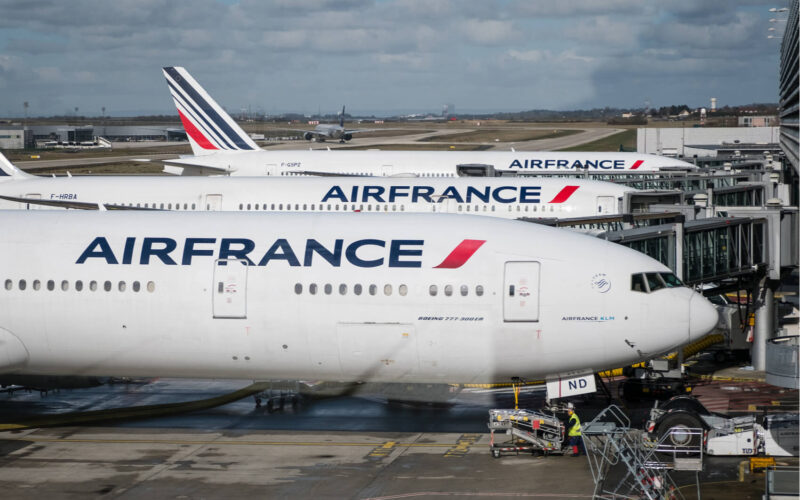Caught in the COVID-19 coronavirus pandemic, Air France has to make concessions. As a condition to the state aid granted by France, the airline will have to reduce short-haul routes to only connecting lines if a rail alternative exists.
The French government offered financial support to its national carrier in the form of two loans, one from six banks guaranteed by the state, and one direct shareholder loan from the state, for a total of €7 billion. According to Le Maire, a nationalization of Air France or an increase in the capital of the group is “not on the agenda” for now.
However, one of the conditions to obtain the aid requires Air France to “drastically” reduce its domestic network when passengers have an alternative to travel by train. “As soon as there is a rail alternative to domestic flights that last less than 2 hours 30 minutes, these flights will have to be drastically reduced and to be frankly limited for a transfer to a hub,” Minister of Economy Bruno Le Maire explained to the National Assembly.
Thus, connecting flights from Orly and Roissy airports should be exempted, while other regional airports such as Bordeaux or Nantes could see their traffic seriously reduced.
Additionally, Air France will have to meet its environmental commitments ‒ “50% reduction in its CO2 emissions per passenger and per km between 2005 and 2030.” Another condition includes fleet renewal for more efficient aircraft, with a priority for Airbus planes. The fleet change could reduce fuel consumption by as much as 20%. Finally, flights should use at least 2% of sustainable fuel by 2025.
Those conditions do align with the strategy of Benjamin Smith, CEO of Air France-KLM, who started a revision of the short-haul network in June 2019. An accelerated restructuring plan, which is expected to also affect the subsidiaries Air France Hop! and Transavia, will be presented soon.

